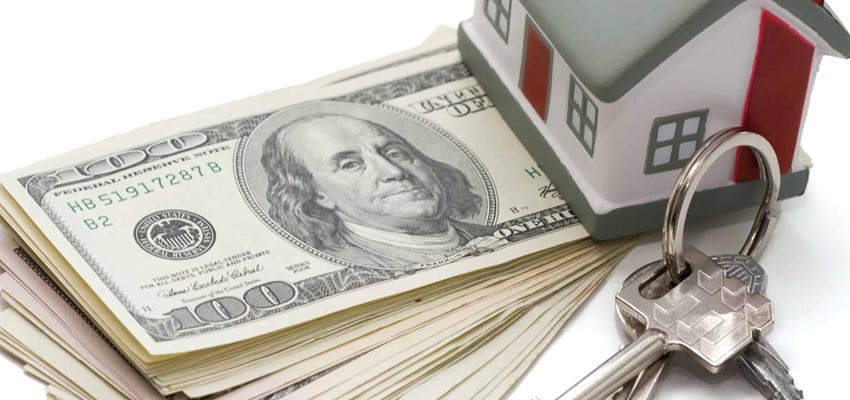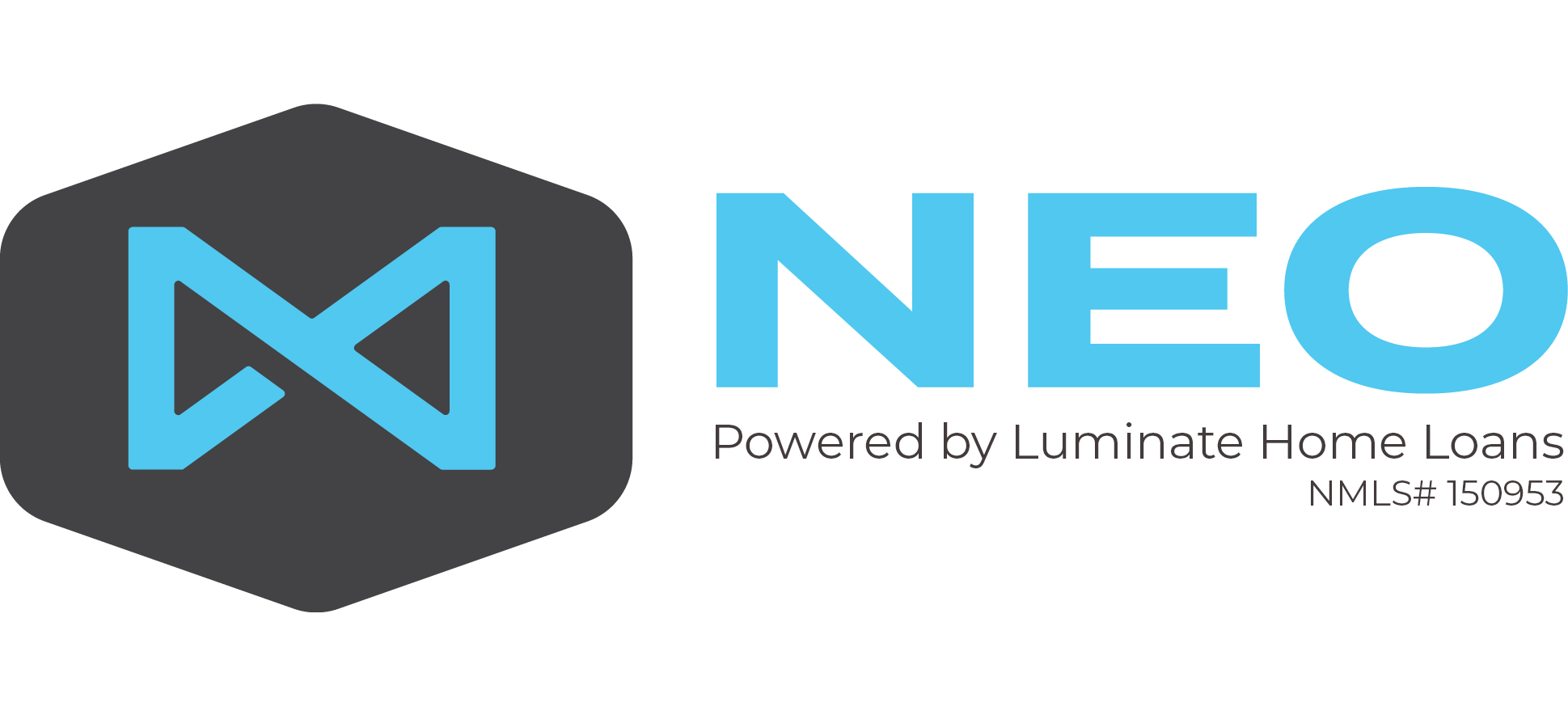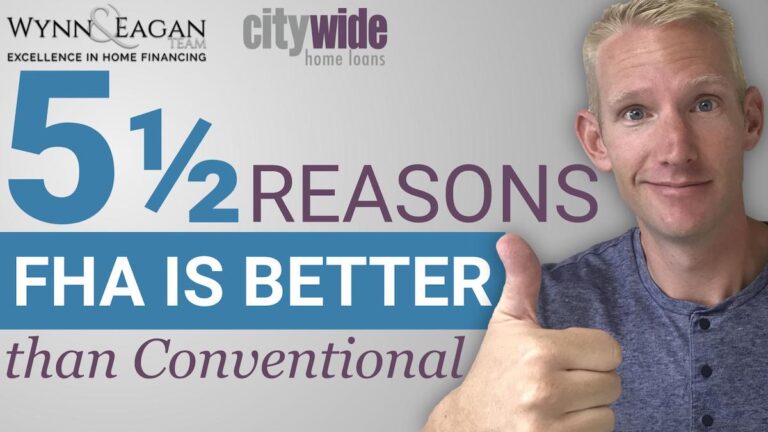 “Closing costs” is a fairly broad term that can mean many different things. You could ask five different people and you will likely get five different answers.
“Closing costs” is a fairly broad term that can mean many different things. You could ask five different people and you will likely get five different answers.
Let’s dig in on this term and break it apart so we can understand everything that may be considered a ‘mortgage closing cost’.
Closing Costs
In general, when we refer to closing costs when obtaining a mortgage, we are talking about the fees or costs (outside of down payment) that are required to be paid at closing.
These could include:
- Lender Fees
- Discount Points
- Appraisal
- Credit Report
- Flood Certification
- Title Fees
- Title Insurance
- Property Taxes
- Homeowners Insurance
- HOA Fees
- Prepaid Interest
Although that list is not inclusive of everything you might encounter, it gives you an idea of what could be included in the term “closing costs”.
These fees are categorized into different buckets depending upon what it is for and who is charging those fees.
Lender Closing Costs
Fees charged by the lender for the purpose of obtaining a mortgage are considered lender closing costs. This could include fees paid to the lender like a Processing Fee or Underwriting Fee, but could also include third-party fees such as Credit Report and Appraisal Fees.
Here is a list of the most common lender closing costs you may see:
- Origination Fee
- Processing Fee
- Underwriting Fee
- Admin Fee
- Discount Charge
- Rate Lock Fee
- Doc Prep Fee
- Third-Party Services
- Credit Report Fee
- Appraisal Fee
- Flood Certification
Keep in mind that this is a list of the most common fees you may see, but it is very unlikely you would see all these fees charged by a lender.
Some people will refer to “closing costs” as the fees charged by the lender that do not include third-party services. Others will define “closing costs” as all lender charged closing costs.
As you can imagine this means that the amount could vary significantly, sometimes thousads of dollars just between these two definitions.
Third-Party Services You Can Select
Lender fees are set by the lender. Other than selecting your lender, you will have no control over the fees being charged. Even the third-party services charged by the lender are outside of your control, as the lender selects those third-parties. But there is another portion of closing costs where you do hold control.
When obtaining a mortgage you have a few service providers that are required to be included in the transaction, but you get to select those providers. These service providers and the fees normally associated include:
- Title Company
- Real Estate Closing Fee
- Loan Closing Fee
- Title Insurance (Owners, Loan and Extended)
- Pest or Termite Inspection (if required)
- Survey (if required or desired)
Prepaid Charges
Prepaid charges are what they sound like. They are prepaying certain items such as taxes, insurance and HOA.
Mortgage Interest
Mortgage interest begins on the day you close on your mortgage, but mortgage payments are made in arrears. Meaning you pay the interest for the month before. When you close on a mortgage you will skip the next full month and then your first payment will begin on the 1st of the following month. That’s a bit confusing so let me show you a couple of examples:
- Close on Oct 10 – First Payment on Dec 1
- Close on Jan 31 – First Payment on Mar 1
To make sure the interest is collected from the day of closing you pay prepaid interest at closing. This is the prorated portion of the month you close from the day you close through the end of the month. Let’s look at those two examples from above to show you how that works:
- Close on Oct 10 – 22 days of prepaid interest (10th – 31st)
- Close on Jan 31 – 1 day of prepaid interest (31st – 31st)
Interest is calculated on a daily basis, based on your loan balance and interest rate and then calculated based on the number of days due.
Homeowners Insurance
Most lenders require homeowners insurance to be escrowed. In other words, you pay the lender the amount required to cover the cost of your insurance and then the lender pays it for you when it comes due annually.
Homeowners insurance is required to be paid in advance, so when you close on a home purchase a full year is due at closing.
In addition, the lender sets up a cushion in your escrow account to ensure enough money is available to cover the full cost of the insurance when it comes due next year. Normally this is around 2 months worth of homeowners insurance that is also collected at closing.
Property Taxes
Property taxes work exactly the opposite of homeowners insurance. Instead of being paid one year in advance it is paid in arrears. So, in 2017 you are paying 2016 taxes.
This complicates things at closing for a purchase transaction because you will be taking ownership of a home in 2017 yet the taxes for 2017 will not be paid until 2018. Here is how that is solved. The lender collects a cushion (just like homeowners insurance – normally about 2 months) but then you receive a credit from the seller at the time of closing for the portion of the year the seller owned the home and should be responsible for the taxes up to that point.
Homeowners Association (HOA)
HOA payments are made separate from the mortgage but it is typical to set up your first HOA payment to align with the first mortgage payment.
The HOA will collect prorated dues similar to prepaid interest from the day of closing through the end of the month. But they will also collect the next month’s HOA dues at closing as well since HOA dues are not paid in arrears.
Other Closing Costs
It would be impossible to list every possible closing costs related to a home purchase or refinance transaction. Occasionally there are situations that require additional fees to be incurred. Here are some you might see:

- Condo Questionnaire Fee
- HOA Transfer Fee
- HOA Working Capital
- Transaction Fee (charged by Real Estate Broker)
- Home Warranty
- Manufactured Home Fees (foundation certification, inspection, certification)
“Closing Costs”
Now you know what is included in closing costs. The problem is that not everyone includes the same thing into closing costs.
My suggestion would be to confirm that all of these items are included in “closing costs” when you inquire and
plan for closing. The last thing you want to have happen is to get to closing and realize you are going to owe more than you thought because everything was not being included in your “closing cost” estimate.

![Should You Escrow? It Depends! [Escrow Accounts EXPLAINED] Should You Escrow? It Depends! [Escrow Accounts EXPLAINED]](https://lendingahand.com/wp-content/uploads/Escrow-Accounts-Explained-sm-768x432.jpg)


